Forging a new path for Indigenous health care
Improving care for Aboriginal brain-injury survivors is the focus of Professor Beth Armstrong and her research team at Edith Cowan University.
Professor Armstrong, the foundation chair in Speech Pathology at ECU, is spearheading efforts to recruit community-based Aboriginal brain-injury coordinators to support Aboriginal patients and their families after stroke and traumatic brain injury. Training of current hospital staff to make rehabilitation services more culturally secure and accessible for Aboriginal patients is also part of this program of research.
Aboriginal Australians are more than twice as likely as their non-Aboriginal counterparts to suffer a stroke or traumatic brain injury, yet they are severely underrepresented in the country's mainstream hospital-based rehabilitation services.
Aboriginal Australians are more than twice as likely as their non-Aboriginal counterparts to suffer a stroke or traumatic brain injury.
"We are looking to connect Aboriginal brain-injury survivors with formal rehabilitation services, but also with local community activities and groups that may assist in their recovery," says Professor Armstrong.
"As a significant amount of a person's ultimate recovery is said to occur in the first six months after injury, stimulation during this time is crucial."
The tyranny of distance
While many Aboriginal people live in metropolitan areas, most Aboriginal brain injury survivors live in regional or remote areas. In these locations, Aboriginal people generally have limited access to treatment following an acute brain injury, leading to long-term physical, cognitive and communication problems that may ultimately contribute to poor quality of life.
Racism – both conscious and unconscious – often underlies gaps in services including brain injury rehabilitation services, says Professor Armstrong. Many non-Aboriginal Australians including non-Aboriginal health professionals still know little of the colonial history of Australia and the intergenerational trauma experienced by Aboriginal Australians as a result of racist government policies and practices. This includes the Stolen Generations when Aboriginal children were forcibly removed from their families. The effects of these western colonial policies, systems and attitudes is ongoing and extend into the health care setting.
According to Professor Armstrong, this lack of knowledge often leads non-Aboriginal clinicians to misconstrue some Aboriginal patients' reluctance to engage with services as 'resistance' or 'apathy.
There are problems in the provision of brain injury rehabilitation in a cross-cultural environment. ECU's work aims to bring trust and respect to brain-injury rehabilitation for Aboriginal people. As information-gathering and effective two-way communication are critical facets care, the university is partnering with hospitals, Aboriginal community controlled health services and policy makers to promote respectful and productive communication.
Shaping a fairer future
Wherever Aboriginal people reside, Professor Armstrong knows there's a distance to travel in closing the health-care gap. Working with Aboriginal researchers and community members serves as her primary motivation in promoting further advancement of brain-trauma treatment that hews closely to Aboriginal values.
"Aboriginal people continue to experience significant racism and other challenges preventing them from accessing services and achieving good recovery from brain injury," Professor Armstrong notes. Equity is needed, she says, to enhance services for Indigenous peoples with brain injury across the world.
"The health issues for Indigenous peoples are being increasingly acknowledged and brain injury needs to be included in discussions about service improvements for the future."
Aboriginal people continue to experience significant racism and other challenges preventing them from accessing services and achieving good recovery from brain injury.
International collaboration efforts
After building a strong group of researchers in Australia, Armstrong is now initiating collaborations with other countries – among them Canada, New Zealand, and South Africa – where brain-injury care services for other Indigenous peoples are also lacking.
Collaborative publications and conference presentations are already taking place with those countries, with further international research partnerships planned for the future.
